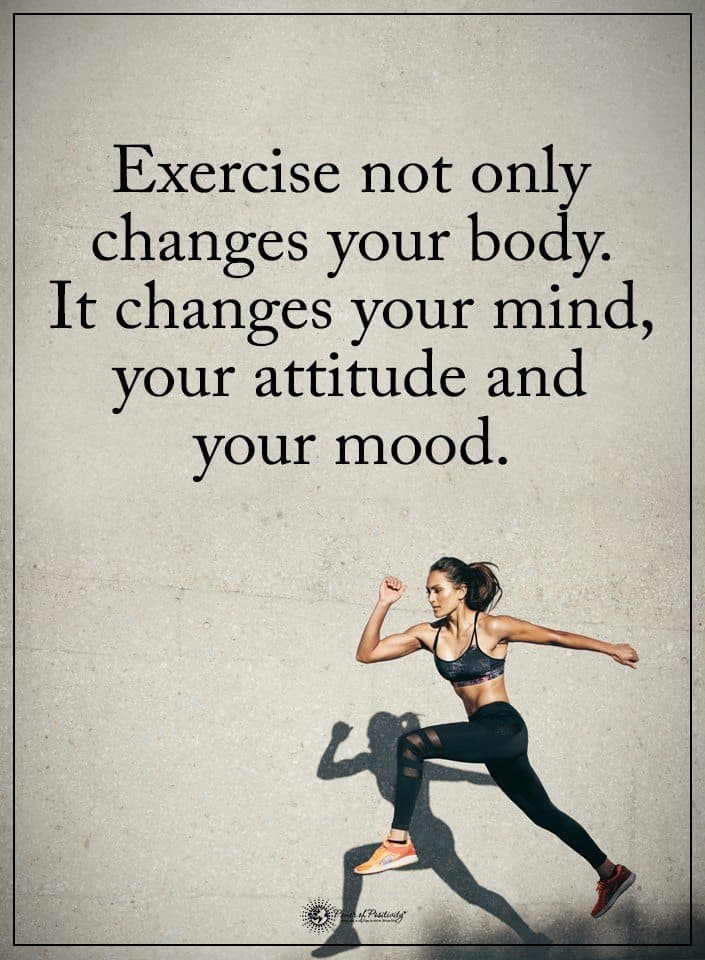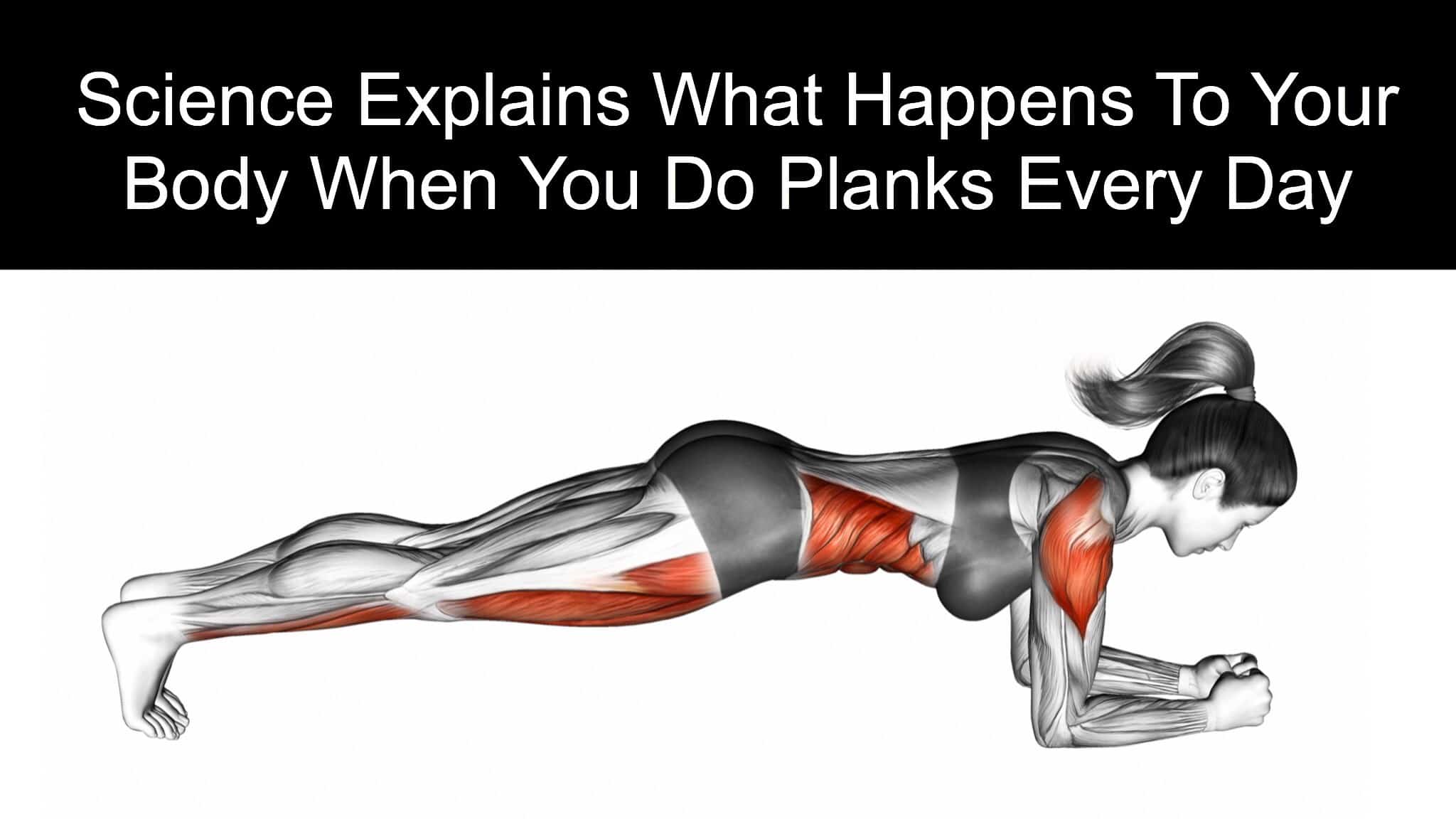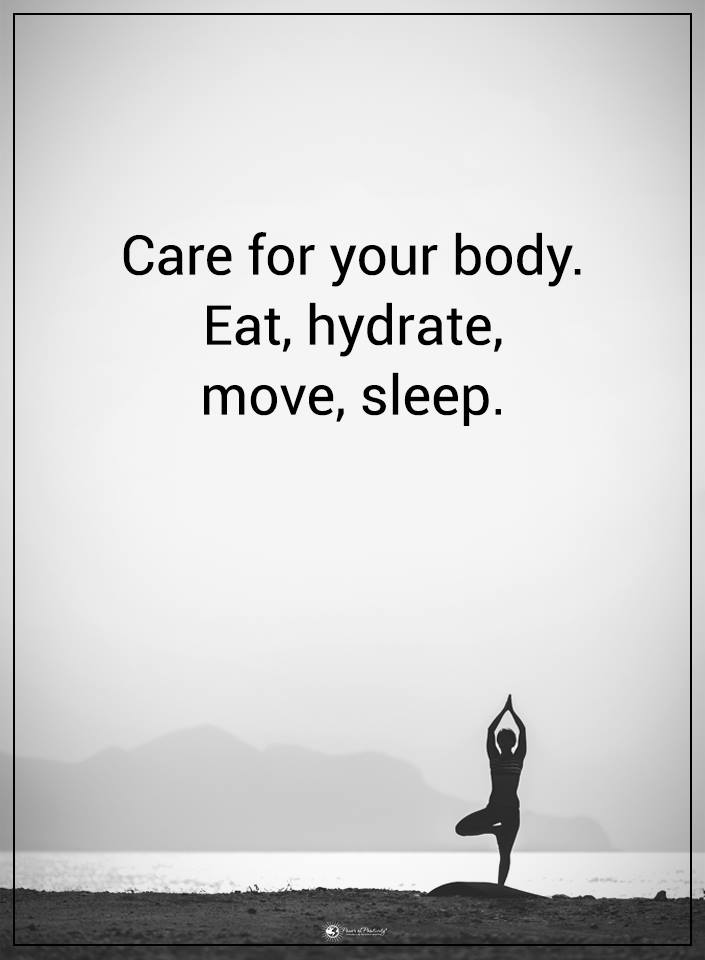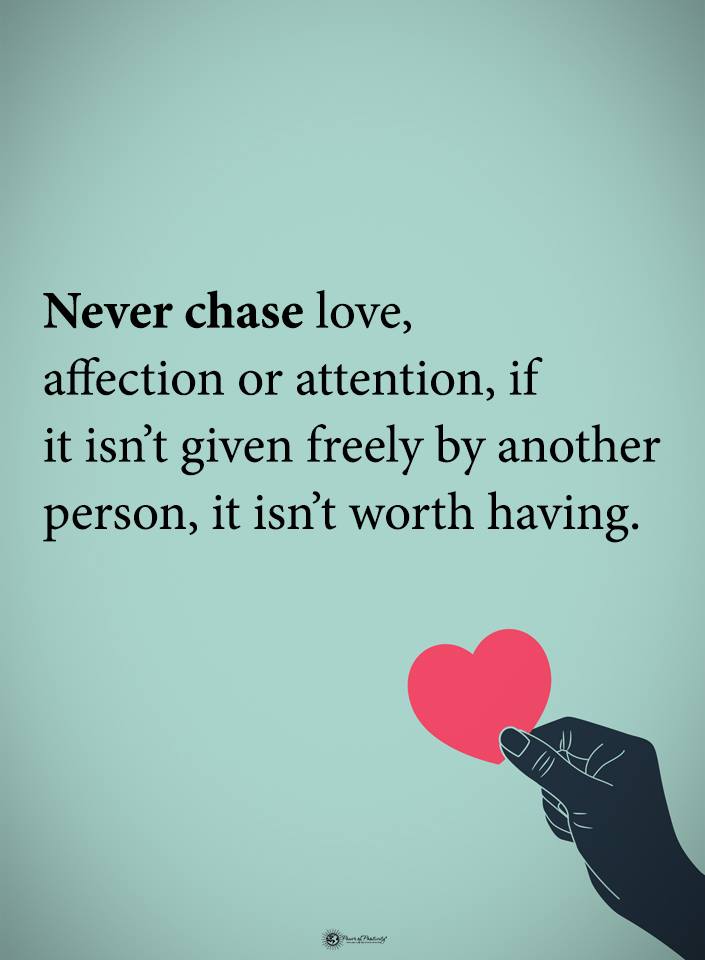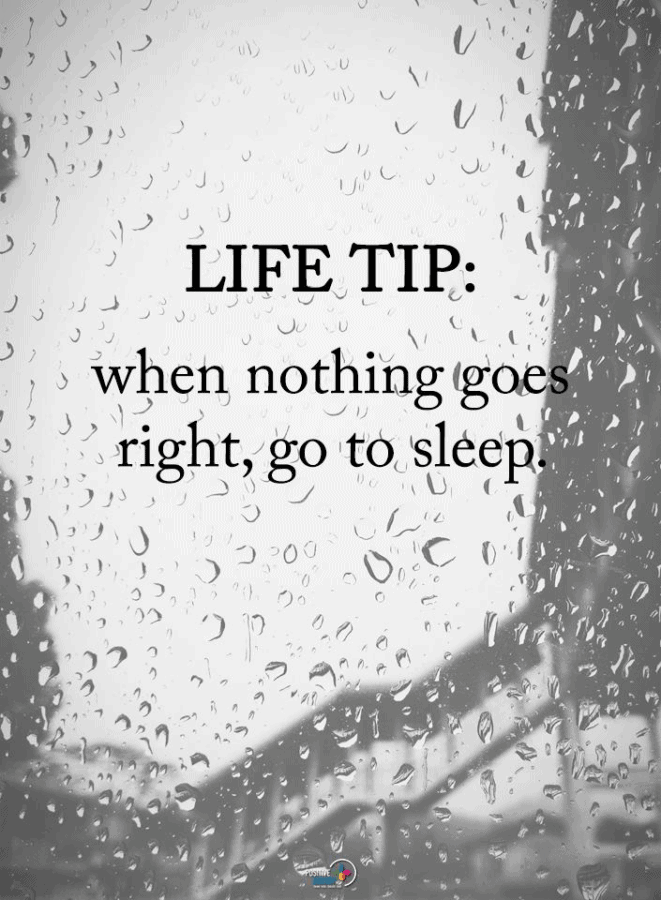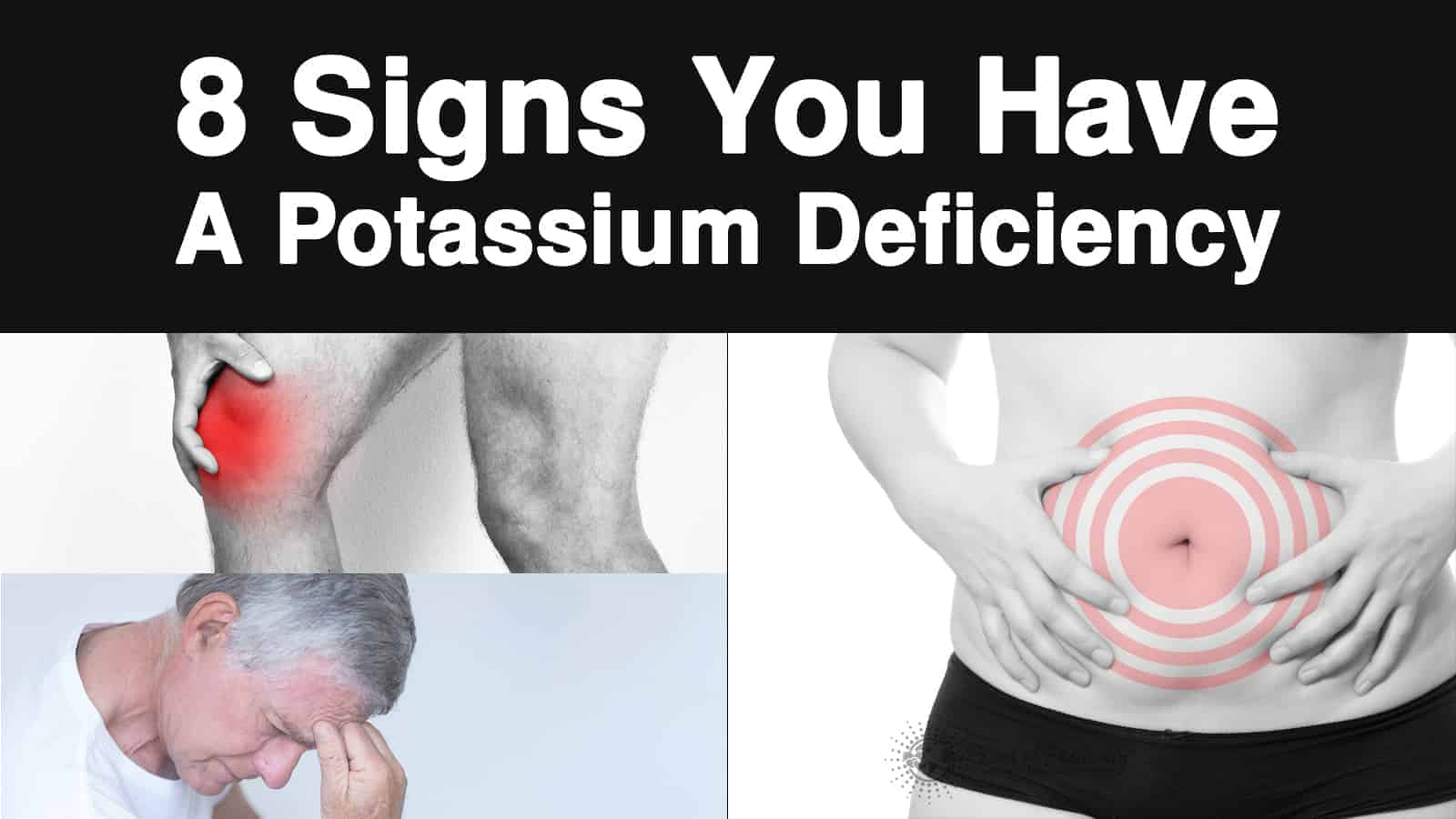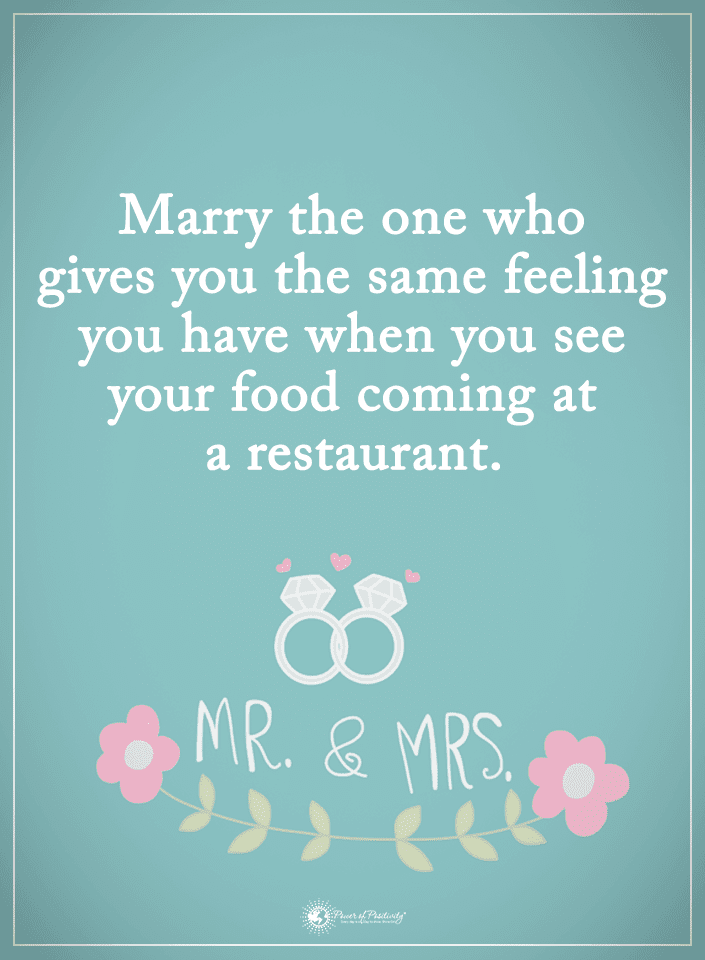Planks have been called “The Perfect Exercise” to change your mind, attitude, and mood.
Alternative exercises are highly undervalued. It has gotten to the point where some people think they must dole out hundred-plus dollar gym memberships to get fit. That is all nonsense, of course.
There is plenty of value to be found in so-called minimalist exercises. Planks are one variety of exercises that are both old-fashioned and highly effective. This writing focuses on (a) the importance of core strength, (b) why planks are a helpful core exercise, and (c) how to perform the “classic plank.”
Let’s get to it!
Where Is Your “Core”?
First, let’s discuss what comprises your core muscles. The core consists of the abdominal, back, and pelvic muscles are broken down into primary and secondary muscles.
For fitness and science buffs, the primary core muscles are the: pelvic floor muscles, transversus abdominis, multifidus, internal and external obliques, rectus abdominis, erector spinae, and the diaphragm.
The secondary core muscles are the gluteus maximus, latissimus dorsi, and trapezius.
Why Is The Core Important?
The core has many vital functions. The core muscles are involved in just about every imaginable thing that you do, including:
– Back support: Lower-back pain affects eighty percent of all Americans at some point in life. Chronic lower back pain can be painful to the point of being debilitating. Core muscles play the primary role in ensuring a healthy back.
– Posture: Strong core muscles are vital to good posture, which “trims your silhouette and projects confidence.” Most importantly, good posture limits the wear and tear that inevitably takes its toll as we age.
– Routine movements: Any movement that involves the manipulation of your torso requires the core muscles to execute. This includes bending, sitting, rotating, and standing.
– Stability and balance: Your core essentially “connects” the upper and lower body parts. As such, good balance and stability require a well-conditioned core.
Regarding core health, it’s neither a good idea to overwork nor underwork these muscles. Overworking or overtraining abdominal muscles increases the risk of long-term injury, while underworking or undertraining the core can leave the area weak, not to mention flabby!
Why “Planking” Is Effective (and Its Benefits)
The plank (which gets its name from a stiff board; you’ll find out why!) is a simple, anytime, anywhere core exercise that can produce some fantastic benefits for the entire body. Yes – the whole body, not just the core muscles.
The classic plank activates the abdomen muscles, biceps, shoulders, buttocks, quadriceps, and shins! Moreover, according to the American Council on Exercise, performing the classic plank regularly reduces the risk of lower and upper back pain.
Some other benefits of planking include:
- A metabolism boost: Planks burn more calories than crunches or sit-ups.
- Improving core definition: Planking engages all major core muscle groups.
- Better posture: Planks help keep your bones and joints in alignment, which encourages good posture.
- More flexibility: Planks stretch all the posterior muscle groups – shoulders, shoulder blades, collarbone, hamstrings, foot arches, and toes.
- Mood benefits: While this benefit may seem farfetched, consider that planking stretches the muscles most prone to tension (read: stress). Planking stretches your legs, thighs, back, and shoulders, eases tension and stress and helps calm the brain’s fight-or-flight response.
Performing The Classic Plank
Here are a couple of pointers before we list the steps. First, remember to keep the abdominal muscles engaged and keep your back straight. Second, remember to inhale slowly and deeply and exhale stably.
While you can perform a plank without stretching, you should limber up first, mainly if you haven’t worked out.
Alright, let’s do this thing! Here’s how to perform the classic plank:
1. Lie face down on the floor in a “pre-pushup” position.
2. Keeping your upper and lower body straight and rigid, lift yourself using your forearms. (The upper arms and forearms should form a near-perfect 90-degree angle.)
3. Supporting your entire body with your forearms and toes, keep your body as straight as possible from head to toe.
4. Engage your abdominal muscles by sucking your belly towards your spine.
While performing the plank, remember that technique is far more critical than time. It does no good to hold a 30-second plank position if your belly is sagging down toward the floor. If you must, start with a 10-second hold and steadily increase the time as your core becomes stronger!
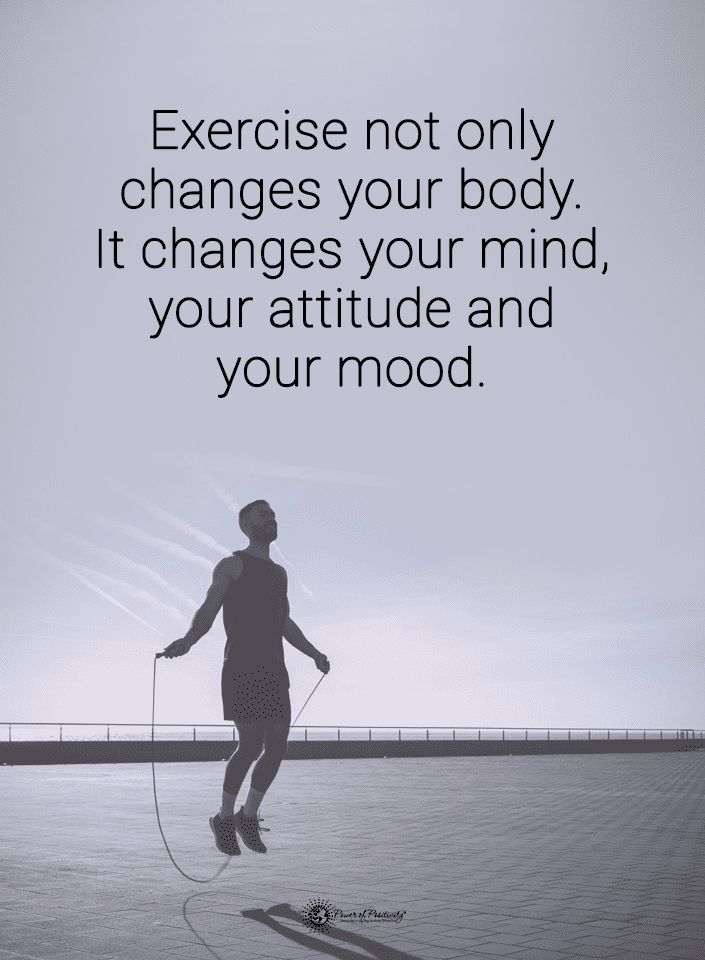
Final Thoughts on Doing Planks Every Day to Engage and Strengthen Your Entire Body
The plank, while a simple exercise, is far from easy. Do not become discouraged! Give it all you’ve got for as long as you can. And remember that technique comes first! You will achieve the myriad benefits of the plank exercise if you give your full effort and remember the basics!

